We are very lucky that we have some wonderful refuges for wildlife close to our homes. Rye Harbour Nature Reserve, Hastings Country Park, Pett Pools, Pannel Valley and other
special places are managed with nature conservation at the forefront.
But, these islands of biodiversity are the exceptions and not the rule. In much of the rest of our local landscape, however beautiful it is, wildlife plays second fiddle to a range of human activities and land uses.
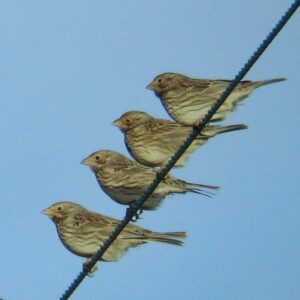
Not so long ago, within living memory, humans and wildlife rubbed alongside each other well enough in the wider countryside. Farmland held rumble-tumble breeding Lapwings, jingle-jangle singing Corn Buntings and hoards of saffron Yellowhammers. Hedgerows dripped with Greenfinches, Turtle Doves and Spotted Flycatchers. But populations of all of these and many other birds, animals and plants have crashed.
Things have changed and there’s no point in sugar-coating it, things have got much worse. The 2023 ‘State of Nature’ report, a collaboration between over sixty of the UK’s most respected conservation and research organisations, is a beautifully illustrated yet grim account of how we are one of the world’s most nature-depleted countries and how our wildlife is in serious peril. It’ s a miserable record of how species and populations that have taken millennia to become embedded in the landscape are being erased from it in a handful of human generations.
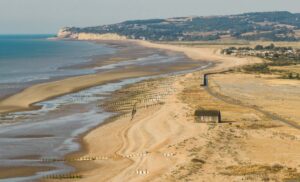
I hesitate to write these words, to paint such a gloomy picture, but we have to be honest and understand how serious things have become if we are to make things better. The biodiversity crisis is at least as serious as the climate crisis and it’s conspicuous, here, on our doorsteps. So, if we don’t speak up now, when will we?
I know plenty of people I worked with in nature conservation who feel intense frustration, despair and even guilt. Could we have done more? Should we have shouted and screamed louder decades ago when the writing was on the wall?
But that’s water (albeit probably full of sewage) under the bridge. We have to remain positive and recognise that change can happen quickly.
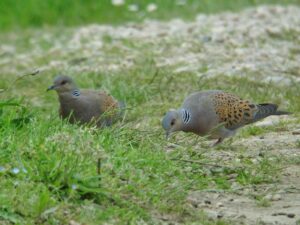
Many of the land management solutions are well understood and relatively easy to achieve. Small changes, led by sensible government incentives, could lead to nature-recovery in our countryside through the introduction of wider field margins, unfertilised headlands, thick, tall hedgerows and increased damp patches. Just recognising that scraps of rough ground have value and are not wastelands that need to be tidied and tamed is a start. A landscape-scale re-think of how the countryside feeds us and accommodates wildlife is required. There are already excellent examples of regenerative farming, with landowners working with wildlife in innovative ways, that could be more widely adopted.
As individuals there is always something we can do. If we have a garden we can manage it for wildlife. If we are able, we might join the Friends of Rye Harbour Nature Reserve, Sussex Wildlife Trust or RSPB and support their work for wildlife on nature reserves and in the countryside and open spaces as a whole. We can speak up, get involved in community projects and we can make our actions count. You may wish to join the Zero Hour campaign and support the Climate and Nature Bill.
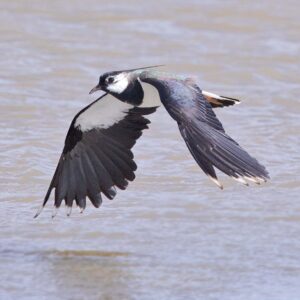
We can’t ignore the facts, but we can – and absolutely must – still appreciate and enjoy the wildlife that still exists and in some cases thrives. There really are some wonderful success stories that deserve our attention and applause – more of these in future articles – but we need to make sure that they are not lost in a landscape hostile to nature.
Image Credits: Barry Yates .



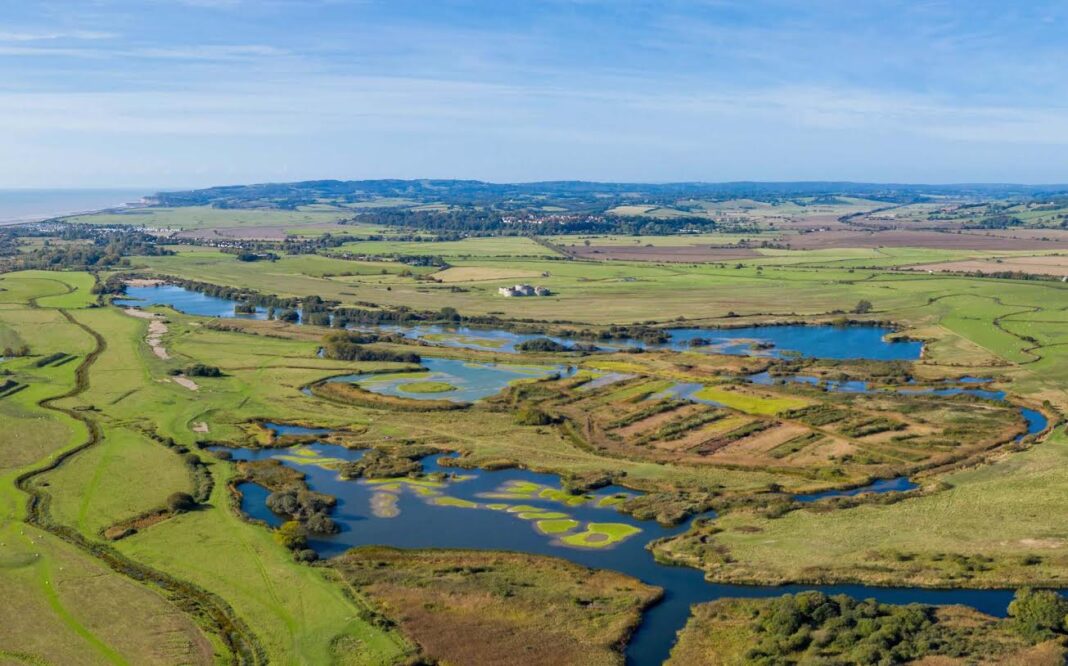
Thank you for this informative piece David. The State of Nature report should be a/another call to arms. Maybe we should be incentivising the government rather than waiting for government incentives? A couple of points from the report may be of interest locally to folk. “Access to nature supports human health and well-being” – We are fortunate in this area that we have such good access, and opportunities to take action. Rye Community and Wildlife Garden is one example where people can come and get involved in recording, managing, encouraging biodiversity – All very welcome. As the report states; ‘The power of volunteers –
It is through the collective efforts of thousands of skilled people, most of whom are
volunteers, that we can report on the state of nature. Without their enthusiasm and
commitment, we could not understand the pressures on nature, or whether our
efforts to address these pressures through conservation action have been effective.’ I look forward to reading your future articles, thank you.